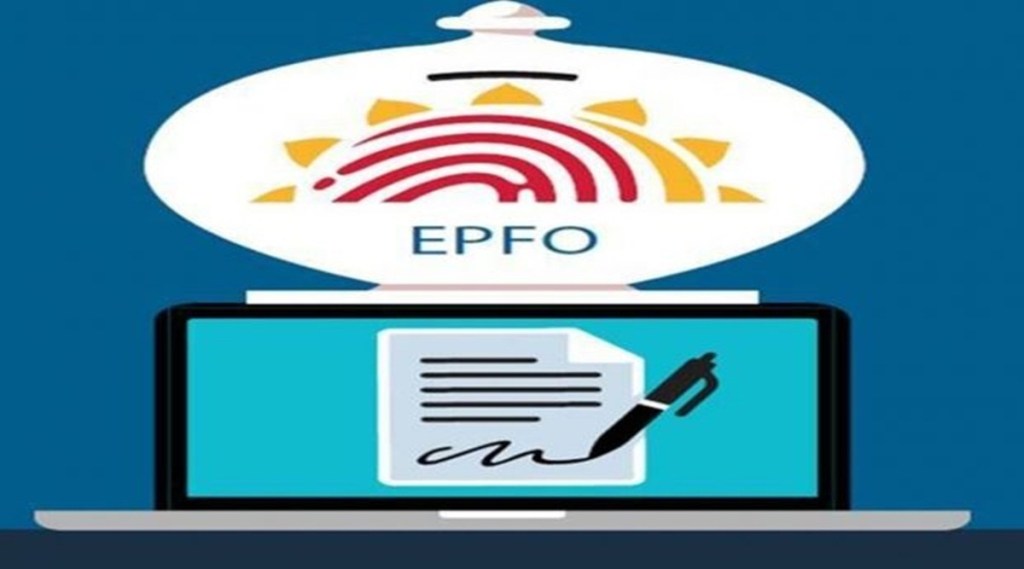Annual profit turning into losses, reduction in net worth to below Rs 3,000 crore, delisting of shares from the stock exchanges, promoters’ holding falling below 20% and rating downgrade to ‘AA’ and below each will independently act as trigger points for the Employees’ Provident Fund Organisation (EPFO) to consider exiting from securities.
According to the retirement fund’s newly-adopted exit policy, any concerns or any deterioration in the credit quality of the issuer on account of financial and non-financial factors, adverse decision on the issuer by Sebi, RBI, SAT or any regulatory or judicial authority which may impact the credit quality of the issuer, change in the ownership from public to private and any other relevant information received from any source regarding any deterioration of credit quality could be reasons for exit.
EPFO currently manages three schemes – Employees Provident Fund Scheme (EPF), Employees’ Pension Scheme (EPS) and Employees’ Deposit Linked Insurance (EDLI) Scheme. At present, EPFO has a corpus of about Rs 17 trillion. EPFO’s investment in debt, 85% of the incremental deposits, are in instruments of “AA” or above securities.
Traditionally, EPFO has been holding its investments in the debt category till maturity. It did not have any prescribed policy for exit and no standard operating procedure for exit from downgraded securities till its Central Board of Trustees (CBT) gave its stamp of approval in its last sitting earlier the month.
Meanwhile, in the last few years, credit rating agencies had downgraded some securities in which EPFO had invested its funds and there had been defaults in such instruments, and therefore, the need for an exit policy for exiting from such investments which go below the investible grade as per the pattern of investment was necessitated upon. This was to prevent or minimise any loss due to defaults in payment of interest or capital.
EPFO’s portfolio managers are empowered to sell assets but for that they have to prior approval of the CBT. However, in the absence of a clear and specific exit policy and standard operating procedures (SOP). But, CBT does neither meet too often nor the meeting of the central body could be convened on short notice. This has been resulting in delays in taking quick exit decisions which was having an adverse impact on the interests of EPF subscribers.
As on September 30 last year, EPFO had around Rs 11,000 crore investments into corporate bonds where the issuers either defaulted on paying principal and interest obligations or the securities have been downgraded. EPFO had been working on framing exit policy for downgraded securities since 2019.


